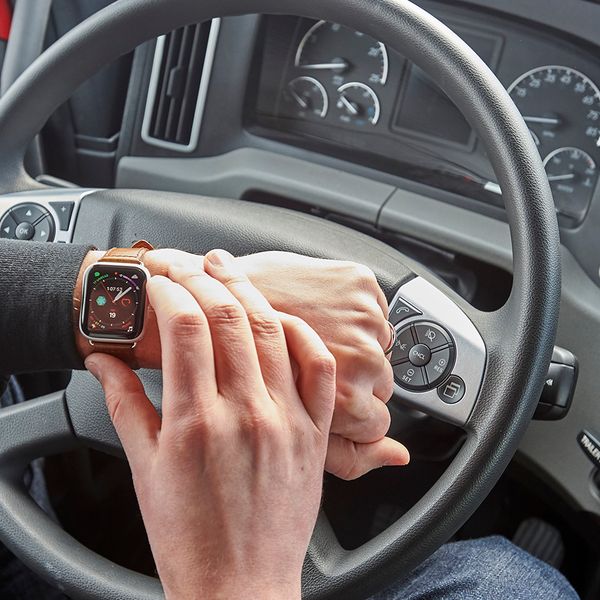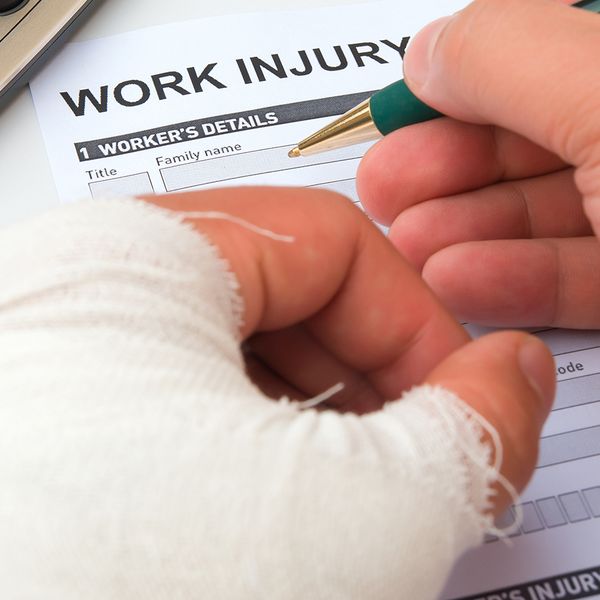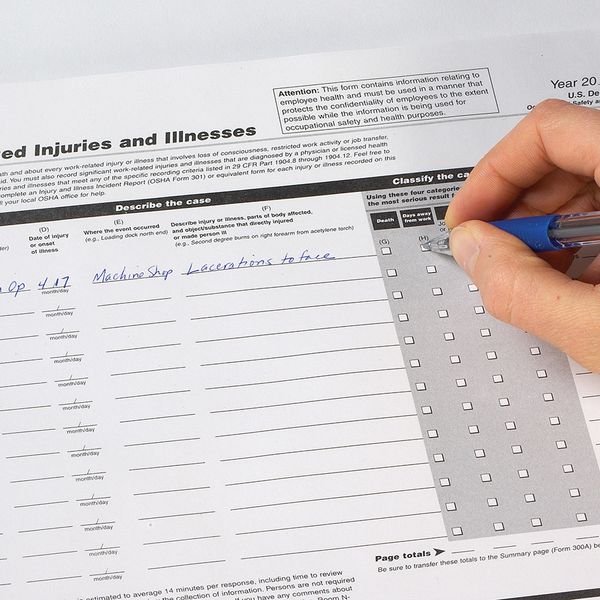Are injuries work-related when traveling employees take a personal detour?
OSHA says injuries that occur while employees are traveling in the interests of the employer are work-related, unless the injury occurs during a personal detour. Specifically, the regulation at 1904.5(b)(6) excludes injuries that occur “while the employee is on a personal detour from a reasonably direct route of travel (e.g., has taken a side trip for personal reasons).”
So what exactly qualifies as a “side trip for personal reasons”?
First, OSHA clarified that simply stopping for gas or food is not a side trip. In a letter of interpretation dated February 15, 2015, OSHA addressed a question involving a traveling employee whose flight landed and, on the drive home from the airport, the employee stopped at a convenience store for gas, food, and a flower for his wife. After leaving the store, he got injured in a car accident.
OSHA said that stopping for gas wasn’t enough of a detour for personal reasons, since the route was still “reasonably direct.” Therefore, the injury caused by the car accident was work-related because the employee was still traveling in the interest of the employer.
In that letter, OSHA further clarified that “Travel status ends once the employee returns to the point of origin of the trip, in your scenario the employee’s home.” Although injuries that occur during an ordinary commute to and from work are not work-related, driving home from the airport was still “travel status” because that wasn’t an ordinary commute for this employee.
Taking a side trip
OSHA gives examples of side trips such as taking a vacation or going on a sight-seeing excursion, taking a detour to visit relatives, doing some personal shopping, or some other purpose.
Again, just stopping for gas or meals is not enough of a detour. However, if an employee stopped by a grocery store on the way home from a business trip to restock the refrigerator, it is possible that injuries which might occur at the store could be excluded.
Note, however, that the regulation excludes injuries that occur “while the employee is on a personal detour.” To continue the above example, an injury in the grocery store might be excluded, but once the employee gets back on the road, he or she has resumed traveling in the interest of the employer.
Similarly, suppose an employee driving 100 miles to visit a customer stops to visit family after 50 miles, then gets back on the road for the last 50 miles. The second half of the drive would be business travel, so if the employee got injured in a car accident, it would be a work-related injury.
Home away from home
OSHA has repeatedly clarified that once an employee checks into a hotel or motel, the employee has established a “home away from home” and has left the work environment. Injuries may occur, of course, but employers should evaluate work-relatedness using the same criteria that would be applied to employees working from home. For example, an injury that occurs while the employee is using the hotel exercise room would not be work-related.
Further, an employee who leaves a hotel and travels to a job site or customer location is considered to be engaged in a normal “home to work” commute, so injuries that may occur during that commute (from a traffic accident, for example) are not considered work-related.
Key to remember: Injuries during detours during a business trip are not work-related, but just stopping for gas or a meal is not a detour.























































